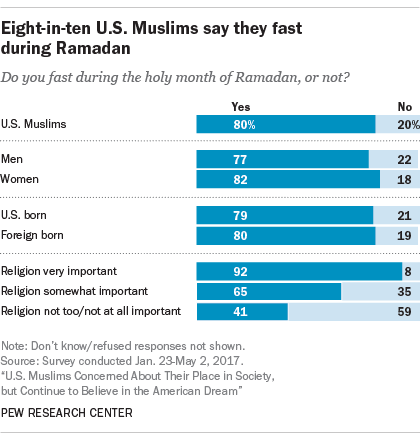
Fasting In Religions Of World. Introduction Fasting is a major part of many different world religions. Fasting is the practice of abstaining from food either completely or partially for a specified period. The global population is estimated to grow by 32 by the year 2060 with Muslims expected to have grown by 70 making it the fastest growing religious group. Fasting in the Catholic church is less restrictive than in Islam.

Fasting is the willful refrainment from eating and drinking. In fact all the 5 major religions and even ancient Greeks do so. The webinar will look at the tradition of fasting in various world religions with a panel of spea. Traditions from world religions. Some diagnostic tests are used to determine a fasting state. In a physiological context fasting may refer to the metabolic status of a person who has not eaten overnight or to the metabolic state achieved after complete digestion and absorption of a meal.
Fasting for special purposes or before or during special sacred times remains a characteristic of major religions of the world.
Introduction Fasting is a major part of many different world religions. While the month of Ramazan isknown around the world to Muslims and non-Muslims alike as the month of fasting there are several other religions that practice fasting as well on various religious occasions. The webinar will look at the tradition of fasting in various world religions with a panel of spea. During the time of spring most Catholics and some other branches of Christianity take part in a season known as Lent. Mahatma Gandhi fasted 21 days to promote compassion and religious tolerance. Moses and Jesus fasted for 40 days for spiritual renewal.